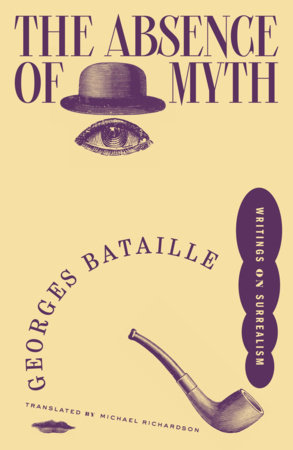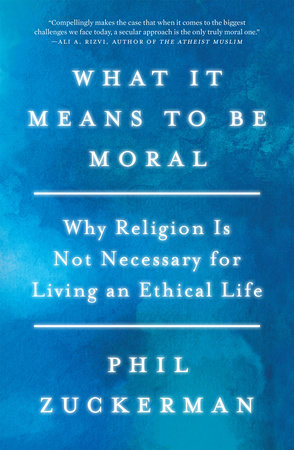

What It Means to Be Moral
By Phil Zuckerman
By Phil Zuckerman
By Phil Zuckerman
By Phil Zuckerman
Category: Philosophy | Religion
Category: Philosophy | Religion

-
$16.95
Sep 15, 2020 | ISBN 9781640094246
-
Sep 10, 2019 | ISBN 9781640092754
YOU MAY ALSO LIKE
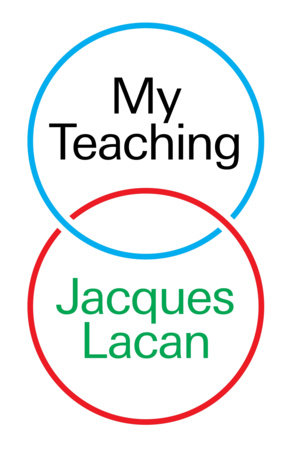
My Teaching
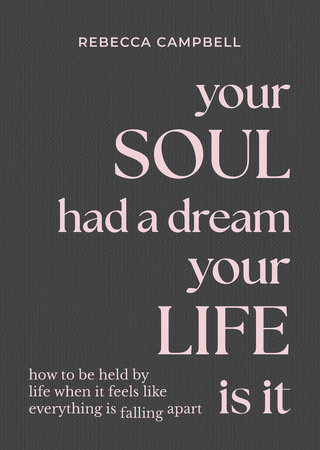
Your Soul Had a Dream, Your Life Is It
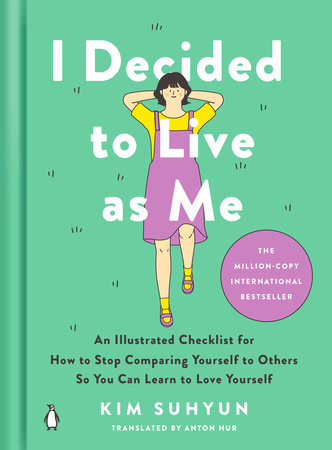
I Decided to Live as Me
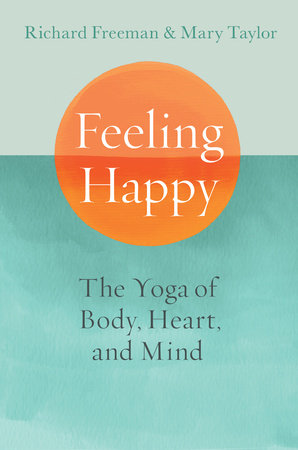
Feeling Happy
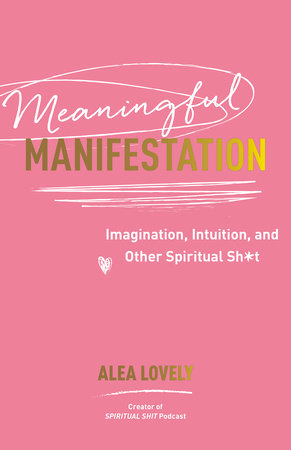
Meaningful Manifestation
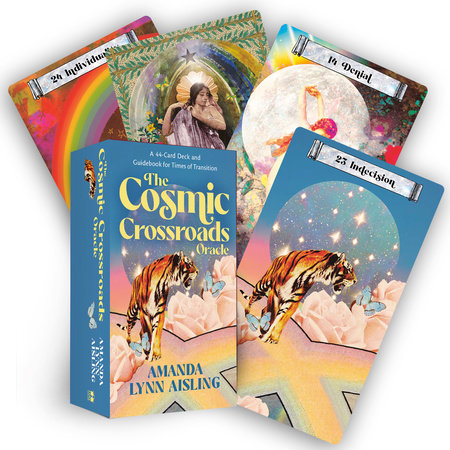
The Cosmic Crossroads Oracle
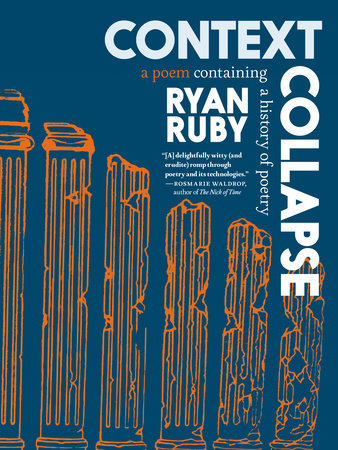
Context Collapse
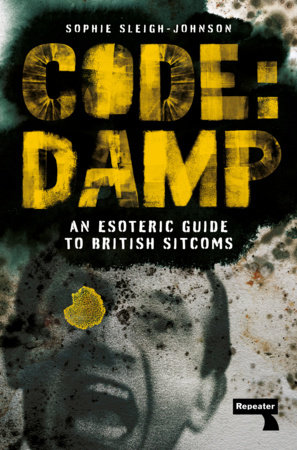
Code: Damp

The Watkins Rider-Waite-Smith Tarot Coloring Book
Praise
Praise for What It Means to Be Moral
“A thoughtful perspective on humans’ capacity for moral behavior.” —Kirkus Reviews
“Sociologist Zuckerman (Society Without God) presents a prodigiously well–supported argument against religion . . . A comprehensive introduction to religious skepticism.” —Publishers Weekly
“Zuckerman draws on research to show why and how secular morality works . . . [A] first–resort work on its subject.” —Booklist
“Most of us nonbelievers know morality when we see it, but that’s no help when yet another devout friend or family member asks, ‘How can anyone know what’s good—let alone do it—without God?’ Phil Zuckerman’s surprisingly entertaining new book, on the other hand, is a huge help. Zuckerman doesn’t just explain how and why secular morality works; he makes a powerful case that it works better than any and every religious code and is uniquely suited to help us solve the world’s biggest problems. Here’s your chance to stand tall and answer the naysayers, once and for all, literally for goodness’ sake.” —Bart Campolo, coauthor of Why I Left, Why I Stayed
“Clear, compassionate, and concise . . . Zuckerman’s book serves as a valuable tool and source of inspiration and guidance in creating a world based on humanist ethics, not religious dogma.” —Becky Garrison, The Humanist
“You’re going to want to read this one. It’s a thoughtful and thorough analysis of a subject that is usually dealt with in sound bites.” —Hemant Mehta, Friendly Atheist
“As humanity moves forward, using science and reason to better understand the universe, many people nevertheless reflexively assume that ancient religions are needed for ethical living. Phil Zuckerman dismantles those assumptions brilliantly in What It Means to Be Moral, demonstrating that morality is perfectly consistent with secularity, that hope for a better world need not be reliant on outdated theology.” —David Niose, author of Nonbeliever Nation: The Rise of Secular Americans
“In this brilliant, provocative, and timely book, Phil Zuckerman breaks down the myth that our morality comes from religion—compellingly making the case that when it comes to the biggest challenges we face today, a secular approach is the only truly moral one.” —Ali A. Rizvi, author of The Atheist Muslim
“Phil Zuckerman skewers the sacred cows of religious infallibility and God–based morality with biting wit and alacrity. He provides engaging historical, philosophical, social, and personal examples to bolster his argument that relying upon theistic interpretations of morality and ethics amounts to ‘moral outsourcing.’ Taking aim at the highly subjective, crazy–quilt nature of religious moralism, Zuckerman convincingly refutes the so–called universal truisms, values, and codes imposed on mere mortals by omnipotent deities. In so doing, he provides a solid case for humanistic morality as an antidote to the blind dogma and bigotry fueling the United States’ increasingly polarizing political climate.” —Sikivu Hutchinson, author of White Nights, Black Paradise
“In this book, Phil Zuckerman provides an important argument for and examples of moral living without God. His depiction of secular morality offers readers a view into the meaning and depth of human encounter in and with the world. There is no anger or dismissiveness in his narrative—simply insights, sharp and compelling. I highly recommend this book.” —Anthony B. Pinn, author of Humanism and the Challenge of Difference
21 Books You’ve Been Meaning to Read
Just for joining you’ll get personalized recommendations on your dashboard daily and features only for members.
Find Out More Join Now Sign In







